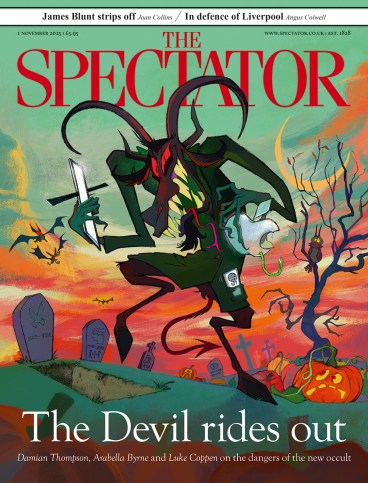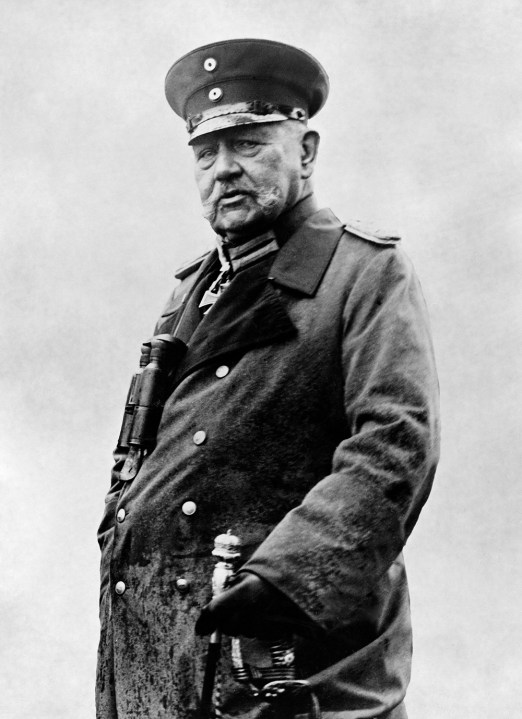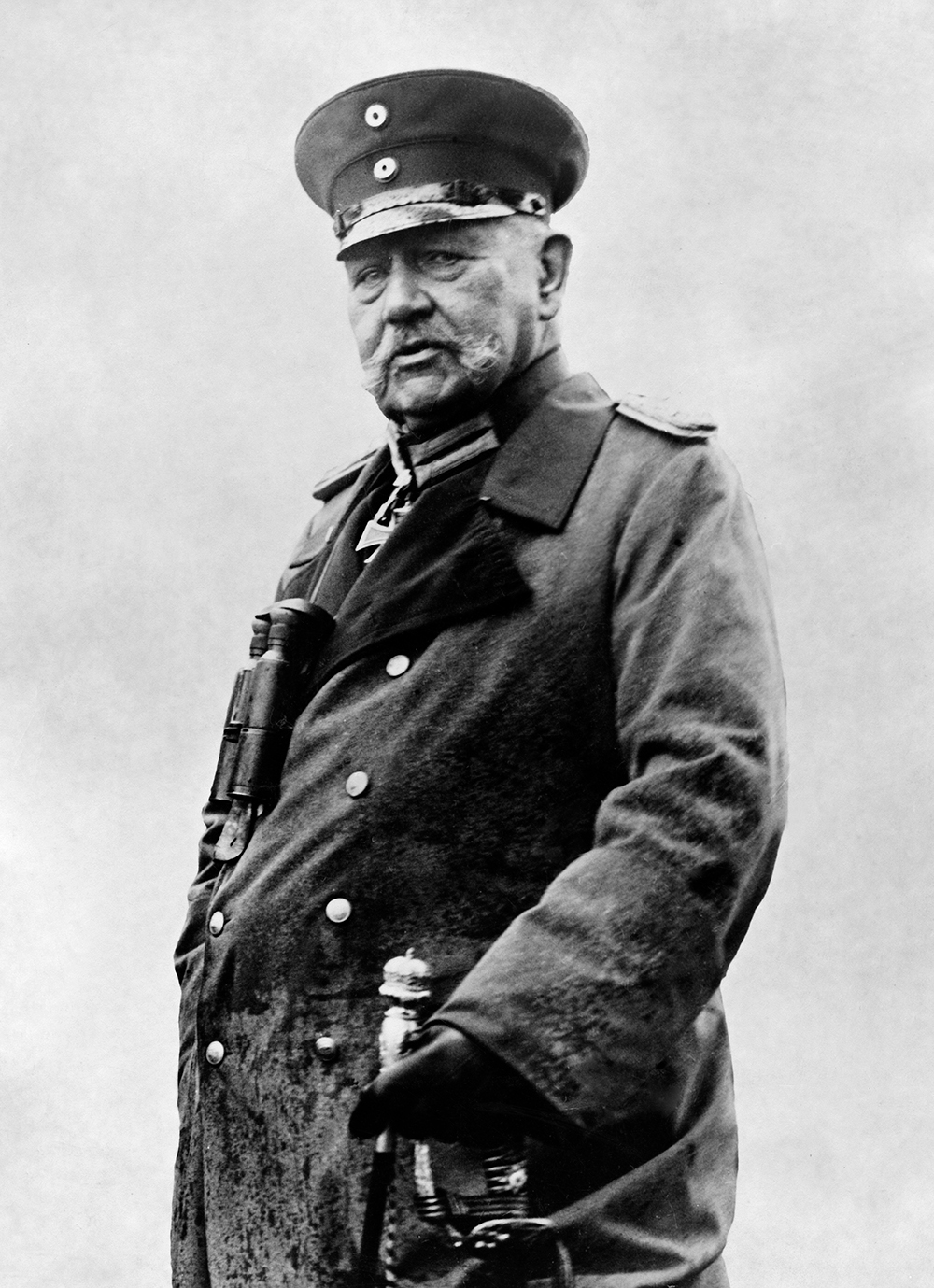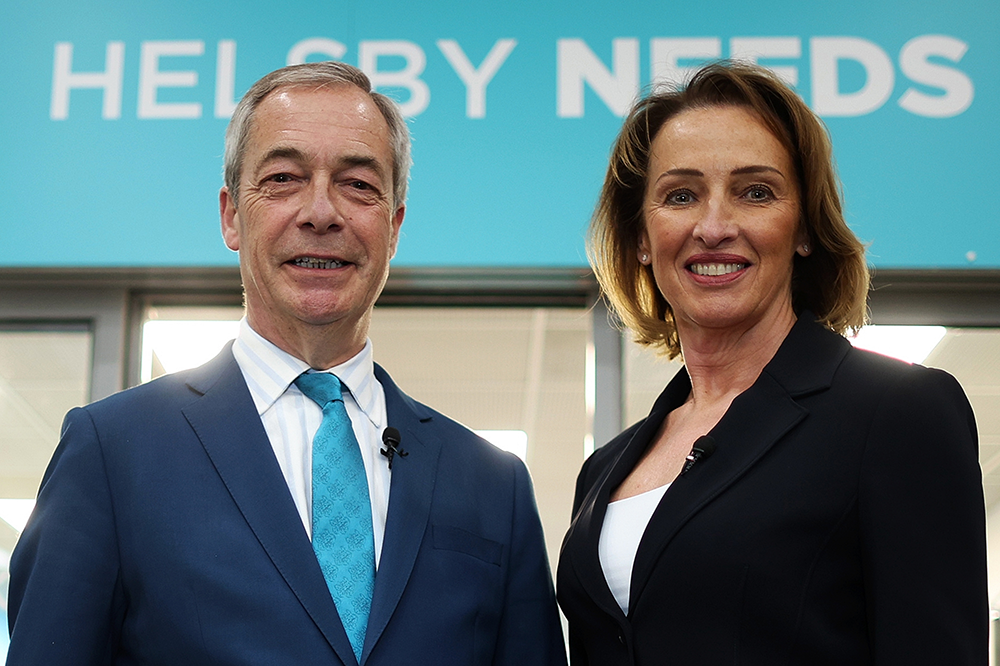
‘It happened, therefore it can happen again,’ warned the Holocaust survivor Primo Levi, explaining why witnesses to the horrors of Nazism and genocide must be listened to, and why it is important for future generations to stay vigilant against a repeat of such atrocities. The underlying assumption is that the Nazis’ rise to power and the terrible crimes that followed were preventable. We believe that German democracy need not have died; that Hitler could have been stopped from plunging much of the world into a horrific war and from eradicating the vast majority of European Jews.
Yet, despite the widespread conviction that studying these events inoculates future generations against totalitarian ideologies, historians have yet to provide a clear answer to the key question of Germany’s 20th century: what could and should individuals have done to prevent the catastrophe they enabled? What, therefore, are we telling people today to look out for and act upon?
Fateful Hours sets out to answer these difficult questions. Volker Ullrich is a professional historian, though not a traditional academic, and his writing is well-paced, thoroughly researched and properly referenced. The book, expertly translated from German by Jefferson Chase, charts the rise and fall of Germany’s first full democracy from 1919 to 1933, arguing forcefully that there were ‘many failed alternatives and missed opportunities’ along the country’s winding path into darkness. Ultimately, Ullrich argues, ‘history is always open’.
To prove that point, he systematically traces the events as they unfolded, pointing to roads not taken. He begins right after the first world war. With the German monarchy gone, he argues, the door was wide open ‘to nationalise the mining industry, enact agrarian reforms on the large East Prussian estates, remove top imperial officials, democratise the state bureaucracy and establish armed forces loyal to the republic’.
Instead, the new centre-left leadership ‘acted more like trustees of the bankrupt imperial past than committed advocates of a new future’. Ullrich acknowledges the ‘difficult conditions’ postwar, among them communist uprisings and mass political violence from returning war veterans. Nonetheless, he regrets that ‘many enemies of democracy still occupied positions of power’.
Another critical juncture was the 1925 presidential election. Friedrich Ebert, the first president of the Weimar Republic, had died in office and a replacement was needed. The head of state was directly elected by the people, and it was a symptom of the splintered politics of the day that no fewer than seven men were fielded, none of whom received the required majority.
What was it that drove a housewife to vote for Hitler or a young man to join the Stormtroopers?
In the second round of voting, it was down to three: the pro-Republican Wilhelm Marx, the communist Ernst Thälmann and the former war leader and staunch monarchist Paul von Hindenburg. Hindenburg narrowly won, and the Republic now had a man at the helm who didn’t believe in it. Ullrich argues that this undermined democracy and could have been prevented if the communists had withdrawn their candidate: ‘The votes that had gone to Thälmann would in fact have been enough to help Marx to victory and German history would have taken a different course.’
Such counterfactual musings are by definition speculative. In the next presidential election in 1932, Hitler ran against Thälmann and Hindenburg, losing to the ageing incumbent, thanks to the latter’s considerable public standing. Marx, by contrast, was a representative of an unloved system that staggered from crisis to crisis. It’s possible that Hitler would have won that election if anyone but Hindenburg had opposed him, ushering in his dictatorship even earlier.
But that is as much speculation as the thought experiments laid out by Ullrich. Whether you agree with them or not, his pointers open intriguing avenues of historical what-ifs. They encourage readers to engage in mental war-gaming. If there is a limitation, it’s that Ullrich views the power games of the German interwar period as played from the top.
The book focuses on the forging and failing of coalitions which might have kept ‘the anti-democratic wolves from the door’. But there is no real investigation into who those wolves were and why they grew so strong. Many quotes reveal the introspection of members of the elite – but what was it that drove a housewife to vote for Hitler in the first place or a young man to join the Stormtroopers? There’s less attention paid to what options ordinary people may have had to prevent the catastrophe that would ruin their lives.
Despite its focus on high politics, Fateful Hours is an engaging retelling of a momentous era of history. It does what it says on the cover and ‘takes us to the heart of political power’. From there we cannot draw straight lines to the present; but we gain a close-up view of the flawed political mechanics of a time not entirely unlike our own.









Comments